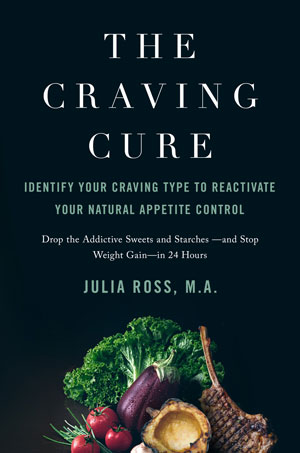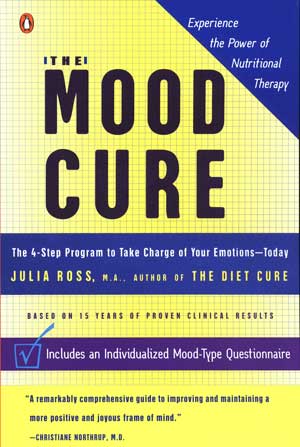Explore More Articles, Excerpts, Research, and Testing Info
The Mood Cure German Translation: “Was die Seele essen will”
The German title of The Mood Cure is “Was die Seele essen will.” In English it means “what the mind wants to eat.”
Read MoreEffective Alternatives to Antidepressants
This set of curated posts is designed to remedy a critical information void for antidepressant users by providing updated information on the adverse effects of antidepressant drugs, as well as on how well the natural alternatives work, and on how to use them most effectively.
Read MoreCoffee’s Dark Side
Some surprises on our most popular addiction …
Read MoreTHE DISRUPTED GUT – BRAIN CONNECTION: RETRIEVING OUR ABILITY TO REGULATE OUR APPETITE, WEIGHT, AND MOOD
How to mend the modern gut-brain rupture
Read MoreThe Four False Mood Types
The four emotion-generators in your brain are called neurotransmitters. Each needs a different amino acid fuel. The lower your levels of amino fuel, the more False Mood symptoms you develop.
Read MoreGood Mood Foods vs. Bad Mood Foods
A mood’s eye view on fats and their sources. We need good-mood fats! One of the most spectacular is omega-3 and its first home is your brain.
Read MoreFat is Not the Enemy: A New Perspective On The Pros And Cons Of Oily Foods
If you’re wondering how any fatty foods could actually be good for anything, you’re about to get a nutritional villain adjustment, so hold on to your hat.
Read MoreEliminating the Top Causes of Insomnia
Case studies for effective nutritional intervention for insomnia-inducing neurotransmitter deficiency and cortisol excess as developed by Julia Ross and The NeuroNutrient Therapy Institute.
Read MoreAmino Acids & Diet in Chronic Pain Management
Research and practice have found that increased intake of the amino acid substrates of the three key pain modulating neurotransmitters can often provide noticeable benefits within a few days. Originally published in Practical Pain Management.
Read MoreUrinary Neurotransmitter Testing: Problems and Alternatives
Urine testing is the least reliable method for assessing neurotransmitters levels. Originally published in October 2006 issue of the Townsend Letter, with new edits made in September 2017.
Read More


